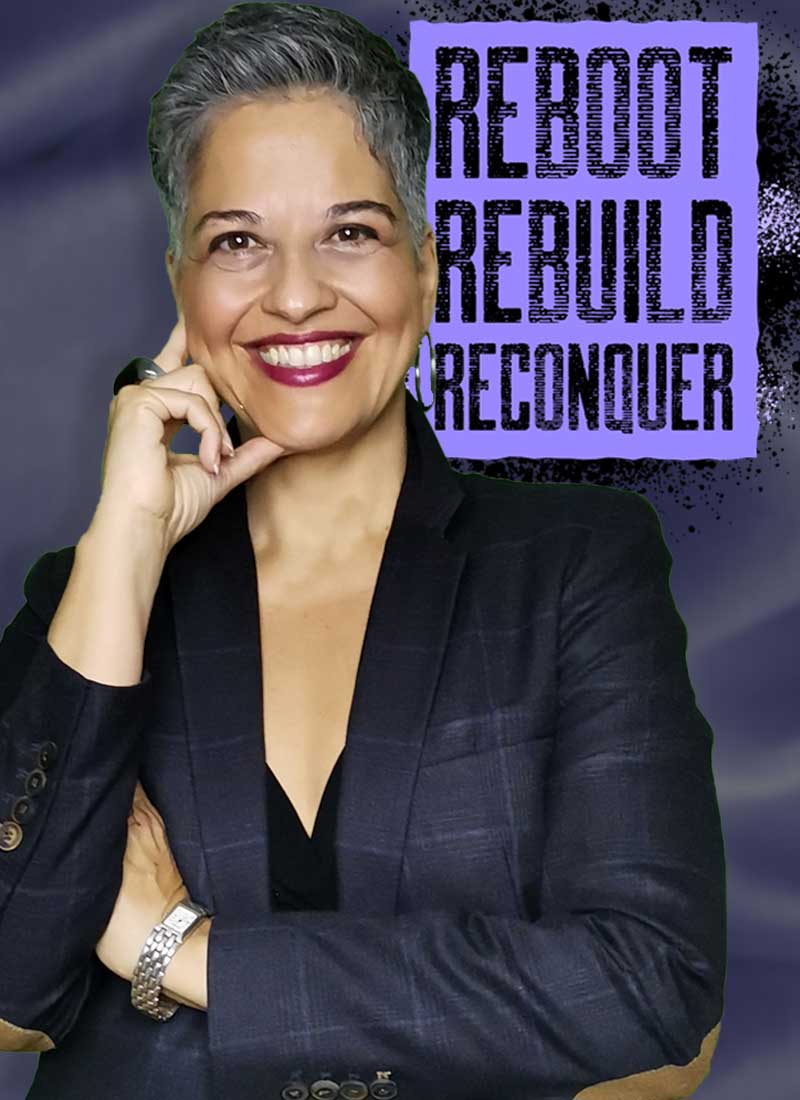I came across this study recently, which I found fascinating: the outcomes of which suggest that the experience of power leads to an illusion of personal control. The research summary reads:
“Research from Niro Sivanathan, Assistant Professor of Organisational Behaviour at London Business School. He explains, “Our research found that power led to perceived control over outcomes that were uncontrollable or unrelated to power. Power predicted control over future outcomes that were outside one’s span of control, for example national election results.”
The study showed that when primed to recall feelings of power, participants had a greater feeling of control over a chance event than when recalling feelings of powerlessness. When offered a reward for correctly predicting the roll of a die, powerful participants were more likely to choose to roll the die themselves rather than have another person do it for them, suggesting they believed controlling the throw would influence an entirely random outcome.
The results have implications for how power can be maintained or lost, as power can make individuals try to achieve the impossible, or to make poor choices and risky decisions.*”
This has wide implications for us managing or working in corporate structures. In the recent Inspire event we held in London, the overarching mood was one of wanting control. I read this as yearning for power, the power we, as individuals have, in managing our lives and our personal outcomes. In the wide corporate arena, this sense of power is lost: we have all had terrible bosses who chose to criticize rather than praise, we have all fallen prey to political maneuvering. Our sensation of power is diminished.
So, in light of this research, I would ask you to consider:
- How are you remind yourself, and those around, that you are in control? After all, life is all but choices. Choices in what you will wear, what you will eat, where you will work, as well as, how you will respond to upheavals or changes.
- How will you actively seek out to re-affirm the areas where you or those around you, are powerful? Almost always, we feel more powerful when we are doing something we are good at and we enjoy doing. So, how do you, or your organization, tap into that innate strength of your employees?
- How do you harness power in order that it is utilized to release your, or your employees’, inner passion so that they can attempt the impossible, but do so in a way that is well-considered and taking into consideration potential risks?
I will let you mull these questions over – my thoughts on how to leverage power will be the subject of my next blog.
*Niro Sivanathan carried out the research with Nathanael Fast and Deborah Gruenfeld from Stanford University and Adam Galinksy from Northwestern University. The paper ‘Illusory Control: A generative force behind power’s far-reaching effects’ was published in Psychological Science.
Source of research summary: London Business School Research News
